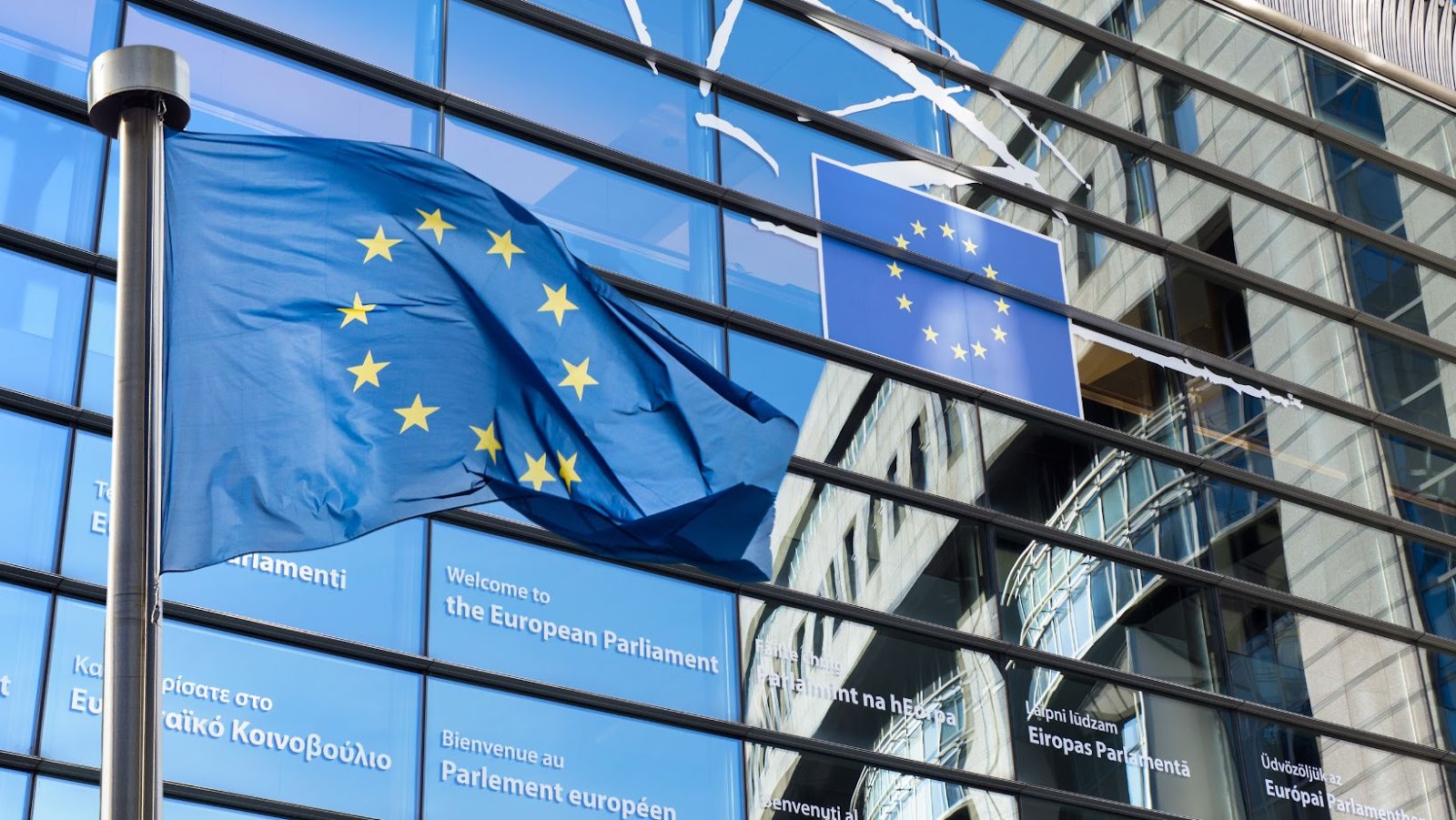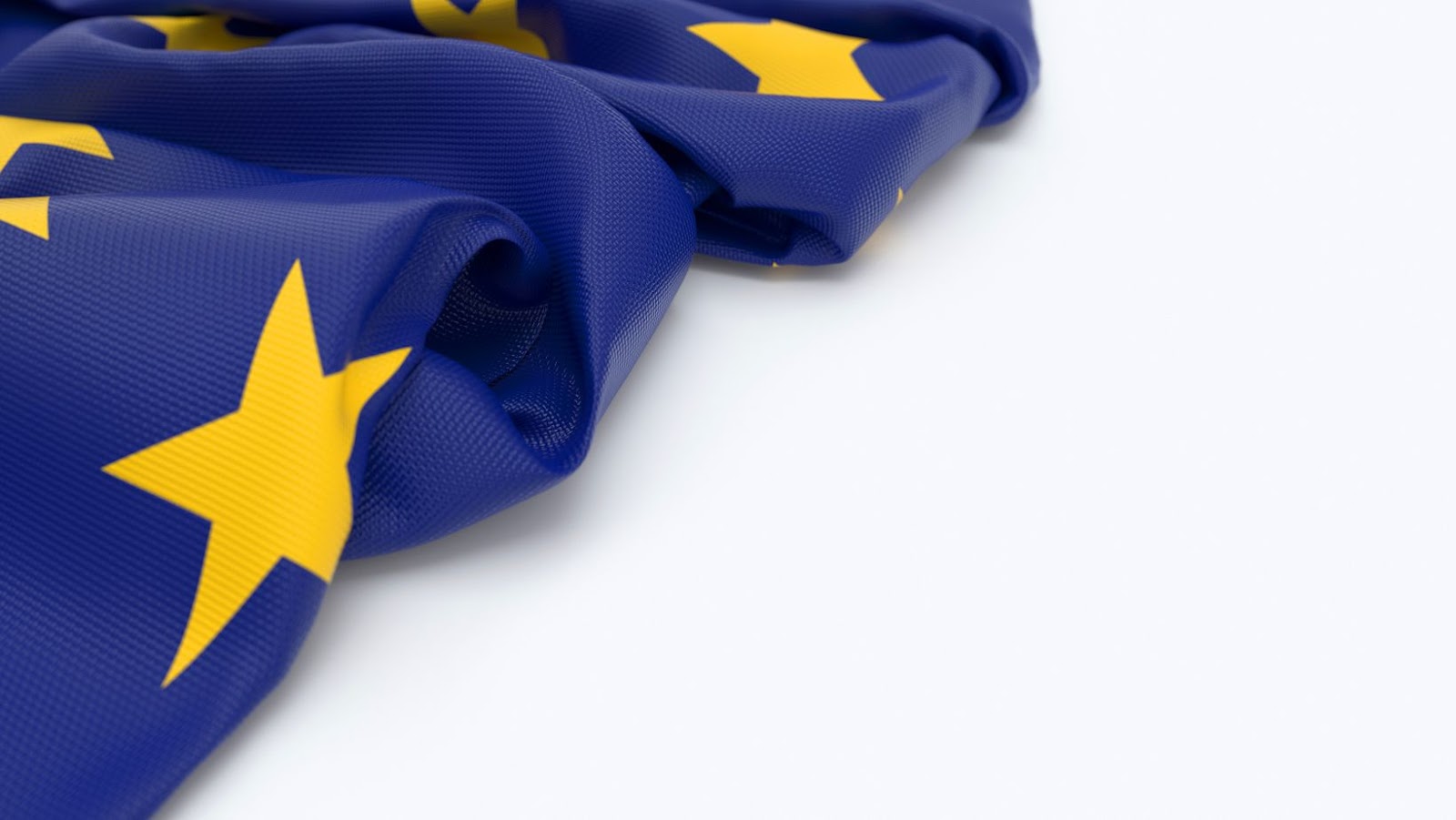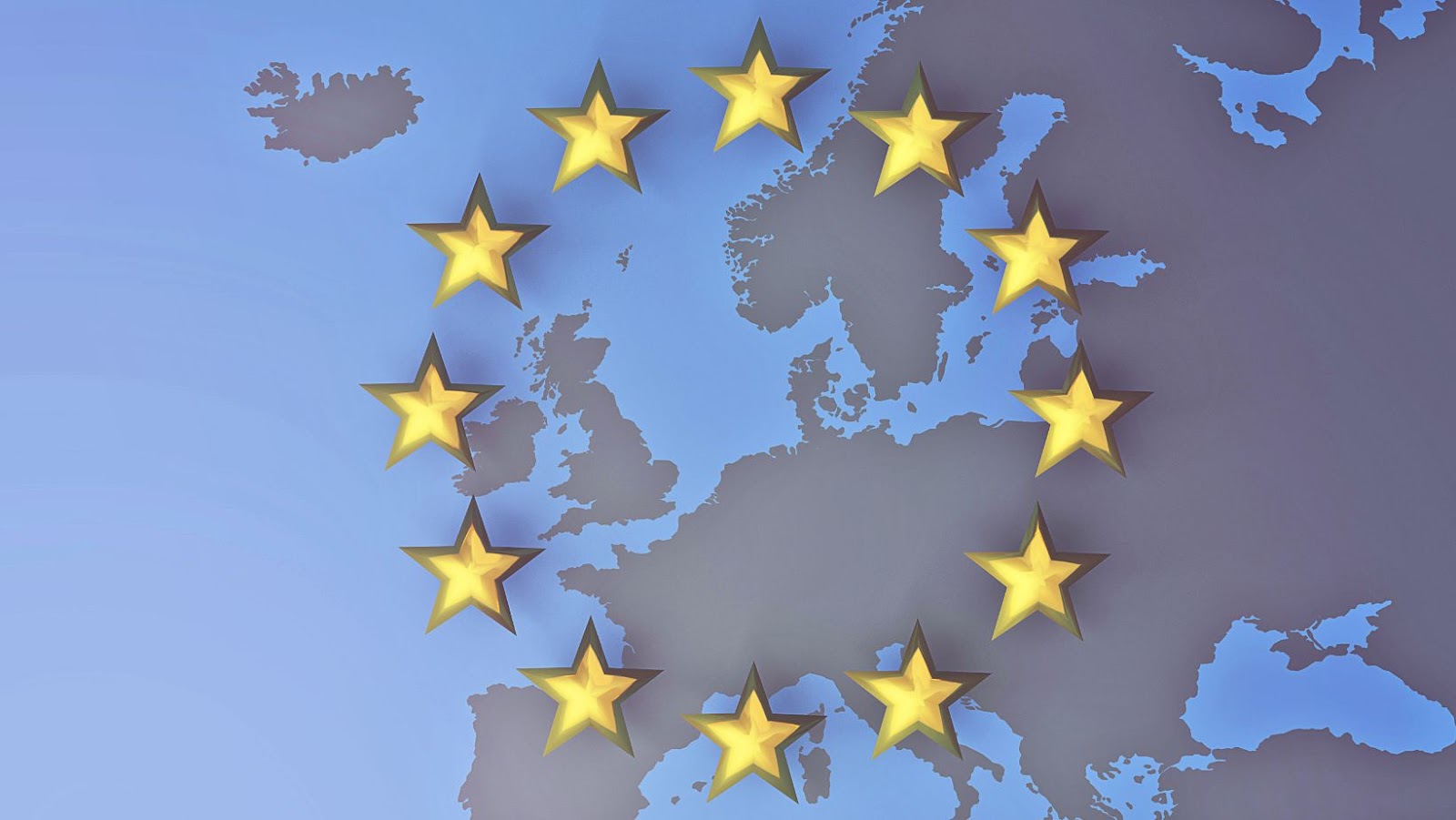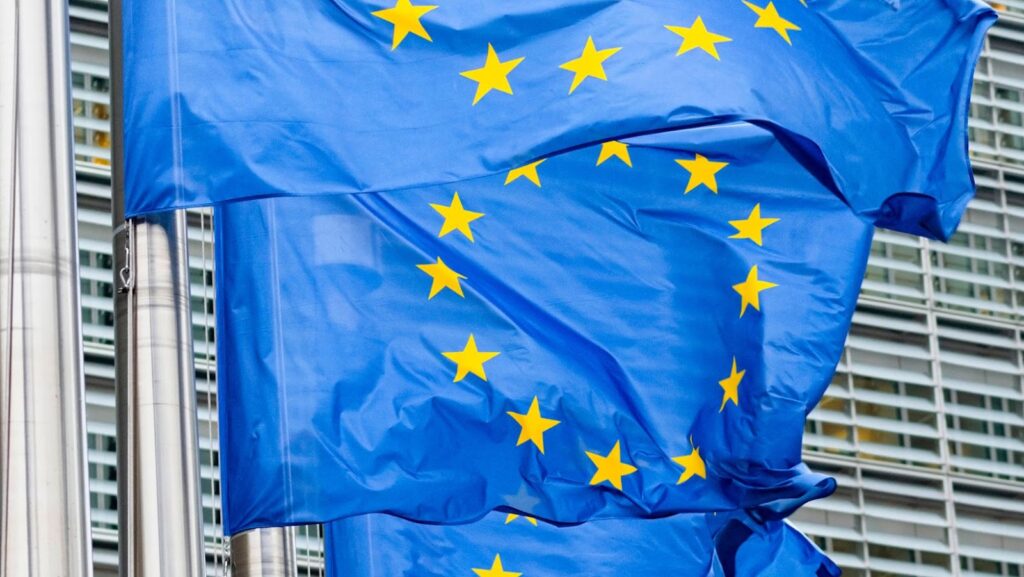The European Union Advisory and Assistance Group (EUAA) Report on Military Service and Political Opposition in the Russian Federation was issued in 2017 by the EUAA to provide an overview of the current situation regarding military service and the political activity of conscripts in the Russian Federation. In addition, its authors conducted interviews of several hundred former and current conscripts to better understand the situation of conscripts and their treatment within the Russian military system.
This report looks into the various ways in which conscripts encountered difficulties in carrying out their military service and the depiction of political opposition activities among the conscripts. It further examines the factors that influence conscripts’ political views and the relevance of the activities of conscripts in the political opposition.
Overview of the EUAA
The European Union Agency for Law Enforcement Cooperation (EUAA) was established in 1999 to facilitate international police cooperation in law enforcement, counter-terrorism and organised crime on the European continent. The EUAA is tasked with coordinating and overseeing the activities of all law enforcement agencies operating at a national level, including police forces within member countries, border control services, security agencies and immigration services. In addition, the EUAA collects, analyses and evaluates intelligence obtained from various sources to prevent all forms of terrorism and other types of criminal activities.
The EUAA also carries out an annual report on military service status across member states. This report considers the functions and roles of each country’s armed forces, their structure and composition, and their recruitment practices. In particular, it focuses on Russia’s military service and examines its conscription system which remains in effect despite reforms introduced since 2008. The report also examines relationships between Russia’s internal security forces such as Rosgvardiya (National Guard) and Federal Security Service (FSB) and links with foreign governments or entities believed to present a threat or risk to Europe or Euro countries.

Overview of the Russian Military Service
The regulations and laws governing military service in Russia encompass many issues related to all aspects of service, including recruitment, training, length of service, medical care, contract duration and other aspects. In addition, Russian conscription laws are based on citizenship and ethnic origin. As a result, the country relies heavily on voluntary enlistment to support its army size. This overview provides an overview of the key elements of Russia’s military and conscription laws.
The Russian armed forces consist of both regular active duty units and reserve units, typically consisting of former active duty personnel who have been discharged from active service but continue to serve in a reserve capacity. Conscripts serve for one year – eighteen months for officers – although those with higher education may be eligible for longer service periods.
In addition to its permanent standing forces, the Russian military has a network of regional commands which supplement these formations with units that include mobilised militia and organised militias. These raised reservists augment the country’s pooled personnel resources which can be quickly assembled during national emergencies such as wars or natural disasters.
The majority of recruitment for the various levels of military services is done through the collection centre network located across the country at regional centres such as Moscow or St Petersburg where recruits attend army enlistment offices and are then assigned further special duties such as medical examination or assignment to specific training facilities depending upon their rank/role within the force structure. Training institutions exist inside and outside Russia proper; cadets regionally selected graduate from one-year specialised courses focusing on professional development in their chosen trade while general infantry regiments undergo basic training that may last up to two years depending upon the duration of service commitment requested by senior officers or leaders. All branches also require annual refresher training, including special chemical defence orientations.

EUAA reports on military service and political opposition in the Russian Federation
The European Union Agency for Asylum (EUAA) recently released a report on the Russian Federation’s military service and political opposition. The report reveals the numerous human rights violations in the Russian military and political systems.
This report provides vital insights into the current military service situation in the Russian Federation and the resulting impacts on political opposition.
Overview of the Report
The Report on Russian Military Service is an investigation conducted by the European Union Agency for Law Enforcement Cooperation (EUAA). The report was developed to assess the scope and conditions of military service in Russia. This report identifies specific challenges within the Russian military system, assesses compliance with international standards, and provides recommendations for improvements.
The report examines various topics related to military service including recruitment and selection, training and discipline, social welfare benefits, exposure to danger and risk, health issues, legal protections, human rights protection and religious freedom. In addition, to provide a more comprehensive picture of Russian military service, the report also highlights trends on national defence expenditures and gender representation in the armed forces.
This report concludes that Russia’s approach to its military system does not meet many accepted international standards for armed forces among modern democracies. The research results guide how Russia can improve its systems to support some of the positive aspects of life within its armed forces while addressing deficiencies due to current practices.
Findings of the Report
The European Union Agency for Armed Action (EUAA) recently released a report about Russian military service and its impact on citizens. The report details the recruitment rates and how long servicemen serve in the military. It also provides information on how much time men spend away from home and their families, along with other factors such as pay, living expenses, and job opportunities after leaving the armed forces.
The findings of this comprehensive report highlight a few major points: Despite increasing recruitment, Russians are still largely underrepresented in the military voluntarily; however, significant amounts of conscripts typically serve one year at a time while their family members remain back home. On average, men with families endure nine months away from home during service. Many struggle to make ends meet due to meagre pay; living expenses become an added burden for many families. Unfortunately, there are few employment opportunities for former soldiers returning to civilian society- making it hard to reintegrate into society successfully.
The EUAA emphasises that policy makers should take these findings seriously so that remedial measures can be taken to resolve or reduce some of these issues affecting the daily lives of Russian citizens in the military service.
Political Opposition in the Russian Federation
The EUAA recently released a report on the Russian Federation’s military service and political opposition. The report provides a comprehensive look into the current state of political opposition in Russia and how it affects military service.
It covers topics such as the treatment of political opposition, the effects of military conscription, and the government’s stance. It also provides detailed analysis of the current situation and recent developments in the Russian Federation.

Overview of the Political Opposition
The Russian Federation has traditionally been dominated by a powerful executive and has seen some limited progress over the recent years towards democratisation. While opposition to the government exists in Russia, it is largely portrayed as weak and ineffective, with substantial hurdles preventing it from making inroads against the ruling party. This section explores the past and current state of the political opposition in Russia.
The collapse of Communism in 1991 heralded significant changes to political dynamics within Russia. Legislation that loosened restrictions on political activity created room for opposition parties to arise in their place. Still, these new groups had limited power and were kept out of higher positions due to a long-standing presidential majority. Many smaller opposition groups have come up since then, but their agendas often diverge significantly and few seek to challenge or take on the ruling party directly. This is largely because much mainstream political discourse occurs within what is considered ‘acceptable’ parameters by the traditional power holders and lacks any form of genuine alternative or critique.
Political parties not affiliated with President Vladimir Putin’s United Russia Party have seen limited success breaking through Kremlin controlled electoral systems that become further entrenched every election season due to widespread manipulations such as administrative resource abuse or ballot box stuffing. As such, viable alternatives remain peripheral across most levels of government, including district councils and local administrations where popular discontent over poor economic circumstances remain prominent yet politically impotent realities for many citizens in rural areas or post-Soviet cities alike.
Beyond these difficulties however stands hope that an effective unified opposition may materialise during future elections should momentum continue for candidates motivated by unifying causes such as abolishing corruption or countering encroaching authoritarianism rather than divisive ones pushing party lines along ethnic divisions or dispersed regional issues like living standards discrepancies across Russia’s vast landscape.
Findings of the Report on Political Opposition
The EUAA Report on Russian Military Service assesses Russia’s commitments to support freedom of expression and other protections for political opposition in the country. The report’s findings suggest that despite some successes for the politically active minority, respect for human rights and political space remain limited.
The report reveals that government practices have a chilling effect on demonstrations by restricting access to permits and using extreme measures of policing. As a result, opposition people or politicians face risks to their safety when they express their views or engage in public activities. The authorities openly use surveillance and intimidation tactics, with physical violence often used against activists who attempt to organise protests or voice dissent with official policies.
Additionally, there are restrictions placed on the media which curtails its ability to cover events objectively and independently and reports alleged irregularities in administrative proceedings, including judicial decisions. Civil society is also restricted in its ability to operate as foreign funded organisations need registration from various government offices, limiting their capacity to operate openly or undertake programs independently chosen by them. Finally, the lack of progress around removing discriminatory terms or providing broader attention to certain communities within Russia has been identified as a major issue impacting political opposition in the country.


More Stories
What Is Social Media Analytics? Technical Foundations, System Architecture, and Strategic Applications in Modern Digital Ecosystems
Non GamStop Sports Betting: Benefits of Mobile Apps for Placing Bets in 2026
Transform Your Career with Industry-Ready Artificial Intelligence and Machine Learning Programs